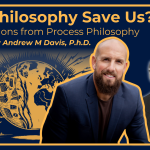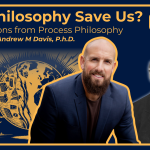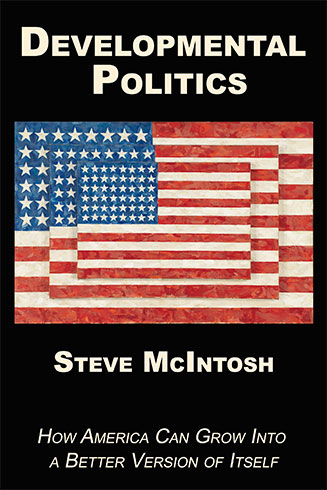Integral Consciousness
Chapter Four The Integral Stage of Consciousness
Within progressive culture as a whole there is a deep yearning for some kind of large-scale social awakening. Many are stirred by the poverty of values they see all around them and long for some kind of breakthrough that will pull us out of what often seems like a hopeless mess. Yet many of those who call for such a great awakening vaguely envision it as a kind of miraculous revolution, a crises-induced change of heart that will bring us all together through a new vision of our essential unity within the greater earth community. Such sentimental hopes for global transformation are indeed charming, but hardly realistic. While it is realistic to recognize that some kind of significant transcendence is now required, it is not realistic to assume that a revolutionary change would produce the kind of sustainable advance that our civilization requires. To be sustainable, the transformation we seek must come about as a result of evolution, not revolution. However, when we look closely and carefully at the historical phenomenon of cultural evolution through the lens of integral philosophy, we can begin to see what can be expected next. The cultural evolution that we need will come to us as it has always come before: in the form of a new values-based worldview forged through the interpenetration of increasing problems and newly perceived opportunities.
Although postmodernism’s contribution to humanity’s evolution is not yet complete, there are many signs that it is reaching maturity as a level of culture. So as we look beyond postmodernism in anticipation of the bound-to-be-thrilling history of the 21st century, we can begin to see the contours of the next emerging wave of consciousness and culture. The integral worldview, which we now explore in detail, represents a transcendence of postmodernism because it does what postmodernism cannot: it fully recognizes the legitimacy and evolutionary necessity of all previous stages of development. Integral consciousness thus grows up by reaching down. It produces evolution more effectively because it understands evolution more thoroughly. And as we come to better appreciate the subtle habits and methods of evolution—its gentle persuasion, and the way that it grows from within itself, always building on what came before—we can begin to see howthe degree of our transcendence is determined by the scope of our inclusion.
Like each of the previously arising, historically significant worldviews, integral consciousness is emerging in response to what might be characterized as a “push” and a “pull.” As we’ve seen, the push toward a new stage of consciousness comes from the pressure of unsatisfactory life conditions and the accumulating pathologies of previously existing stages. The pull arises from the attraction power of a new stage’s fresh values—new truth, new beauty, and new ideals of morality that always accompany the birth of a new historical level. So first we’ll look at the push toward integral consciousness, and then we’ll examine the pull of the values of the integral worldview.
/snip/





